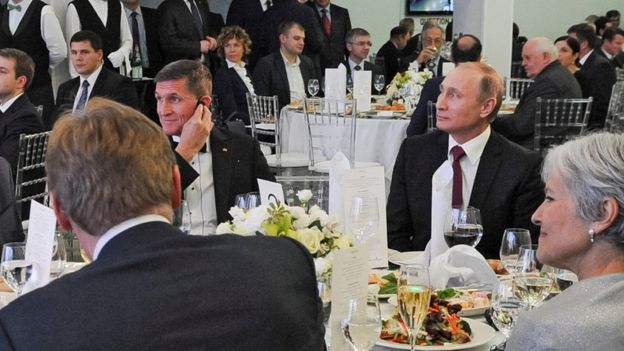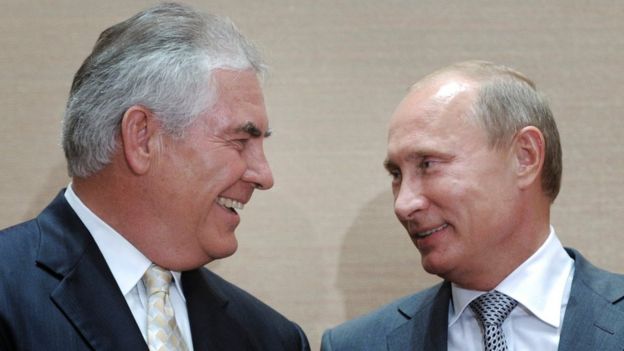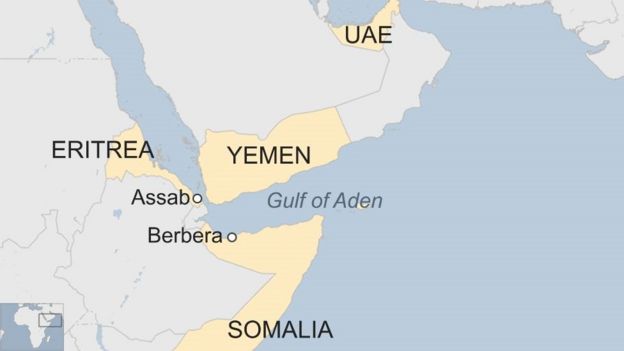By Staff Reporter, Denver, Colorado
January 28, 2017
The Ethiopian Task Force in Colorado held a discussion session and book signing at the Denver Double Tree Hotel located at 4040 Quebec St, Denver, CO. on January 28, 2017. The session was chaired by Mr. Dawit Agonafir who introduced Dr. Aberra Molla of Colorado. Mr. Agonafir stated that he used Dr. Molla’s Function key software for Amharic decades ago and is one of the current users of the his GeezEdit App for iPhone. He also quoted a recent invitation Dr. Molla received from a famous University that reads, “Your contribution to the advancement of Ethiopian society is perhaps unmatched in modern times; your digitisation of Amharic has allowed incredible advances within Ethiopia. Your influence has also extended to the realm of cultural heritage, as you are widely credited with being crucial to the repatriation of the Aksum Obelisk to Tigray; without your involvement this step forward in the protection of Ethiopian cultural heritage would likely not have occurred.” Colorado Ethiopians have also recognized his work by giving him awards twice.
Dr. Aberra demonstrated the hundreds of the Ethiopic glyphs he assisted with and fought for their recognition by Unicode and the various character sets utilized by different Ethiopian languages. These include Agew, Amharic, Basketo, Bilen, Dawro, Gamo-Gofa, Geez, Gumuz, Guragie, Meen, Oromo, Tigre and Tigrigna character sets and how each character is typed with one or two keystrokes with his patented method. He pointed out numerous common errors he has continued to correct and the advantages of using the syllabic Ethiopic over alphabetic alphabets. Dr. Molla stated that he has solved problems associated with the shortcomings of Ethiopic when he released his ModEth program for Microsoft’s DOS in 1987. Oromos are among the peoples that migrated to utilizing the English alphabet without grandfathering Ethiopic and he encourages the use of Ethiopic too because of numerous advantages.
The presentation was followed by Professor Fikre Tolossa’s talk about his new Amharic book (Ye Oromo ina Ye Amara Iwnetengaw Ye Zer Minch) whose English translation is entitled “The True origin of Oromos and Amharas”. Professor Fikre Tolossa is a poet, playwright, author and a researcher who has written and published over 60 books and articles in Amharic, English and German languages. His new Amharic book published in 2016 evidences that the Amharas and Oromos have a common origin in Ethiopia and goes back to about 4000 years. The book also refutes the allegation that the Amhara’s ruled Ethiopia by undermining Oromos and other ethnic groups. Professor Fikre presented evidence that the kings who ruled Ethiopia over the last seven centuries were ethnically Oromos and the book emphasized contributions of the Oromo to Ethiopian civilization. Professor Fikre also elaborated to his audience the fact that all Ethiopians in general and the Oromo and Amara in particular, originated from the same source. He stressed the truth that they descended from Ethiop, the founder of Ethiopia, and Deshet, a prophet and king in Gojam. Even though Ethiopians speak different languages at present, they share the same ancestors, he said.
References in the book include 47 books five of which are based on ancient manuscripts uncovered by an Ethiopian author, Meriras Aman Belay, and its contents include the Book of Enoch, and some other books of the Old Testament. Prof. Fikre has included in his book pictures of ancient phonetic Suba alphabets used by the ancient Ethiopians that predate the Biblical Queen of Sheba. The manuscripts, which narrate about 4500 years of Ethiopian history, were unearthed about 50 years ago in Nubia, Sudan. Among them was found a Suba and Geez dictionary. Since the ancient Oromos used Suba and Ethiopic, Prof. Fikre has argued that they should use Ethiopic instead of the Latin alphabets. Ethiopians are encouraged to order the book at P.O. Box 2850, Richmond, California 94802 for $30.00 including postage, for those who reside in the USA. The postage outside the USA is costly.
This presentation was followed by questions and answers and book signing. A second separate session by Ato Ayalew Mengesha was about his experience as an Ethiopian government official before he recently settled in Denver. It was also followed by its own questions and answers.
Dr. Aberra Molla demonstrating the Ethiopic Unicode character set.
Professor Fikre Tolossa signing books.






















